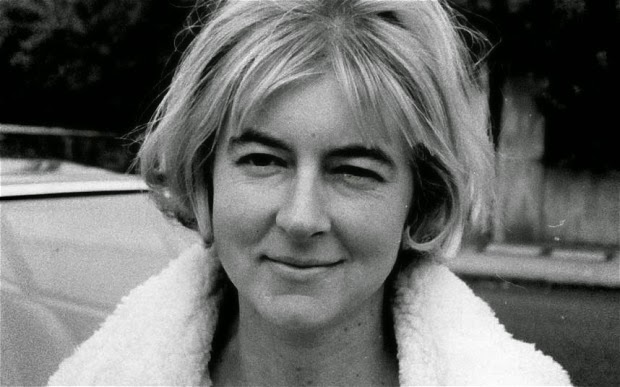"My foremost preoccupation at the moment is the search for an idiom which is individual, contemporary and musical. And one that has sufficient authority to bear the full weight of whatever passion I would wish to lay upon it.
"Every poet who has been confined - at the mercy of form when he has come of age emotionally - and has found half the things he wants to say well out of his poem's range, knows the immensity of the task. And I am not speaking here of metrical skills, but of absolute freshness and authenticity in handling diction.
"What I write about must develop from my life and times. I am especially conscious of the great natural forces which bring modern life up to date. My concern here is with the exact emotional proportions - proportions as they are now current for me. Ideally, whatever is heightened should be justified both by art and by life; while the poet remains vulnerable to those moments when a poem suddenly makes its own terms - and with an overwhelming force that is self-justifying. For this reason certain poetic ideas have little validity when lifted out of context. I am consequently uneasy when discussing the logic of a poem with those whose intellectual equipment is purely mathematical. If you say that the English have a love of order which is puritanical, and the French a love of order which is imaginative, that does not make one more orderly than the other. The progress of feeling in a poem may be no less logical than the development of an argument.
"Telling the truth about feeling requires prodigious integrity. Most people can describe a chest of drawers, but a state of mind is more resistant. A hackneyed metaphor is the first sign of a compromise with intention; your reader damns you instantly, and though he may read on with his senses, you have lost his heart. Some poets do manage to converge on their inner life by generating emotion from an inspired visual imagery; in this instance the images exist in their own right, but may be thought to be in a weaker position as the raw material of the emotion, in preference to a larger existence as illustration of it."
Rosemary Tonks, writing in the PBS Bulletin in 1963,
in relation to her collection Notes on Cafés and Bedrooms
in relation to her collection Notes on Cafés and Bedrooms
